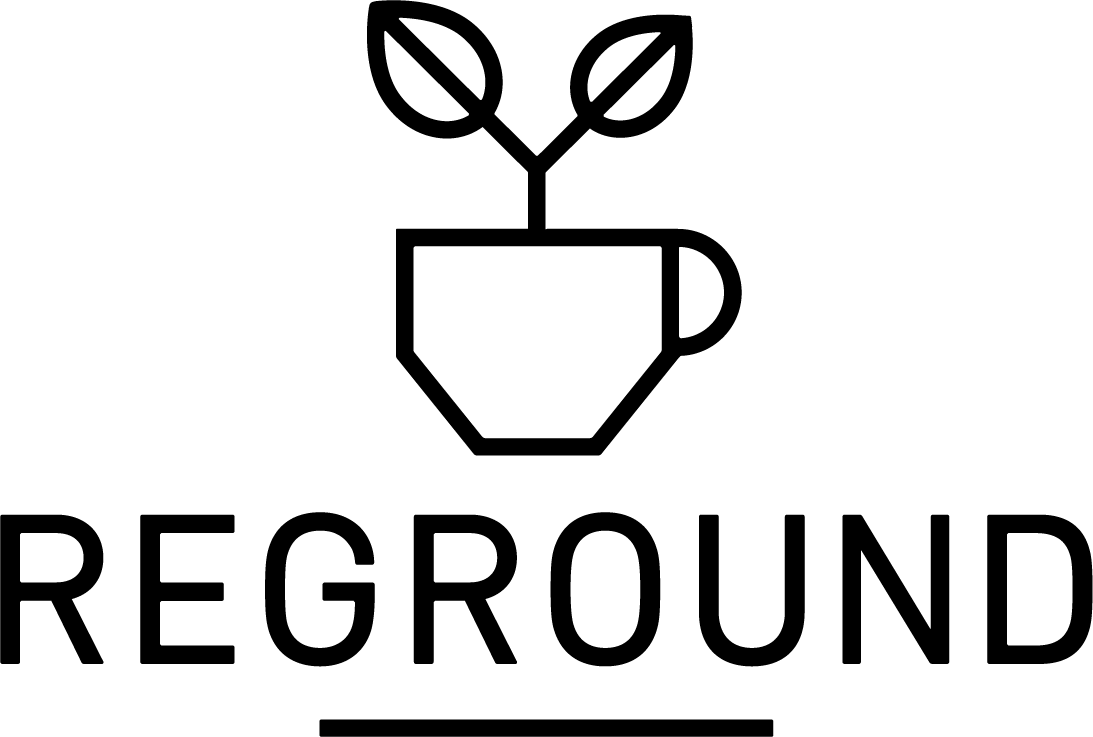Reinventing waste management in apartment living
How Reground collaborated with 60 multi-unit dwellings (MUDs) across 10 councils to create innovative and resident-focused waste systems.
In response to evolving waste management practices and the increasing demand for improved recycling infrastructure, Reground embarked on a project to overhaul waste systems in apartment buildings, also known as multi-unit dwellings.
Recognising the disparity between single-unit dwellings and multi-unit dwellings regarding waste management solutions - we found that MUDs were often left behind, with many residents wanting more. This project aimed to bridge the gap by implementing best practices in waste management and fostering positive waste behaviour change through resident education and engagement.
Reground worked with 60 buildings across 10 councils, engaging with key stakeholders, such as residents and owners corporations (OC). Visual audits and site assessments were conducted to gather waste data informing recommendations for improvements at each building. Following approval by each building's OC committee, Reground implemented interventions including waste area redesign and retrofitting, installation of new recycling streams, bespoke signage, and colour-coded floor markings.
Post-implementation visual audits were conducted and compared with pre-implementation data to assess changes in waste behavior and output. Reground also conducted targeted waste behavior engagement and education sessions, empowering residents to actively participate in waste management and recycling efforts. Reground’s Best Practice Guide for MUDs was developed, detailing targeted waste interventions, circular economy education, and recycling tips based on the project's findings.
Outcomes
60 MUDs engaged across 10 councils
120 visual audits conducted21 MUDs installed a clothing bin as part of the program
Decrease in contamination rates across recycling streams
Improved resident understanding of recycling benefits and in which materials could be recycled into each stream
Transparency between waste contractors varied significantly, particularly around collection cost structure and the end destinations of waste and recycling materials. Overall, residents displayed high levels of distrust and dissatisfaction in their waste contractors. Residents in at least 10 instances reported witnessing their recycling being collected in the same truck as general waste, leading to widespread skepticism about the recycling system. Many have expressed a lack of faith in the system as a whole.
Having engaged OC committee members, OC managers, facilities staff or residents has a massive impact on how buildings progress toward best-practice waste management. These key players, affectionately named ‘Waste Champions’, are more likely to advocate for increased recycling streams and better education for their building - pushing for more sustainable and robust systems.


